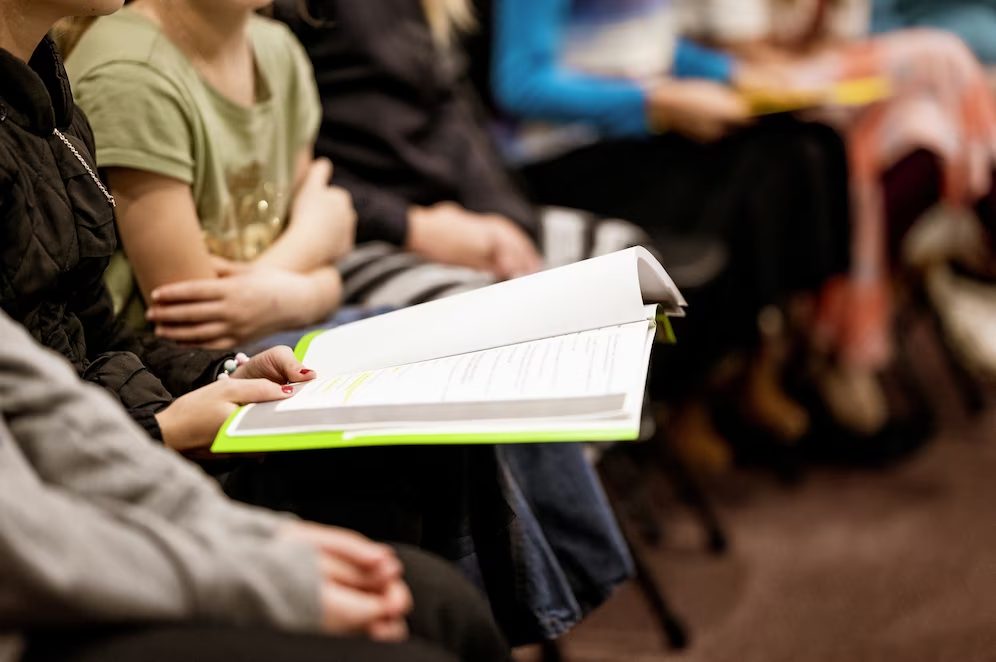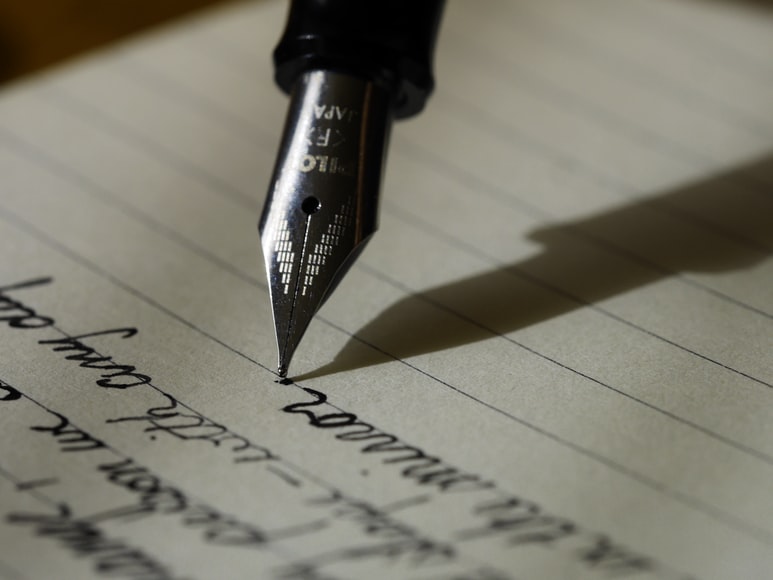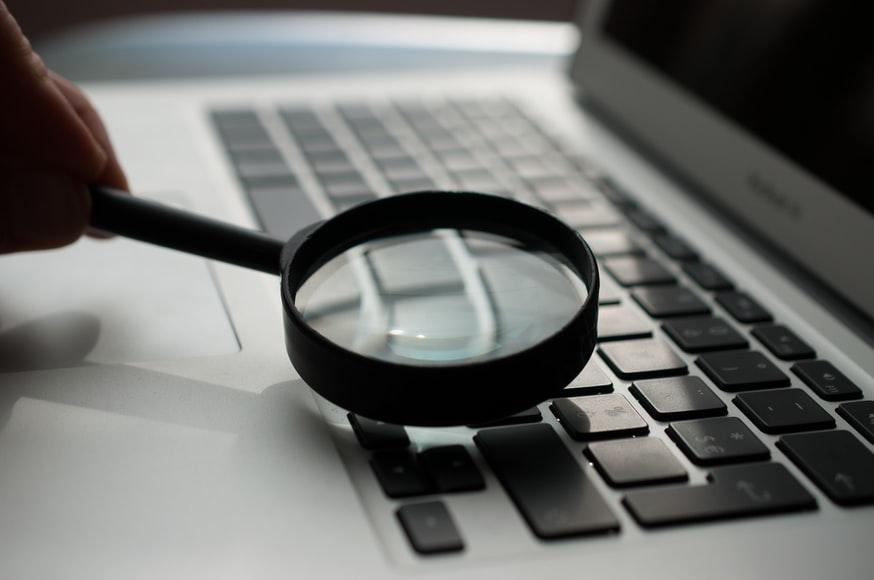Role Of Ethical Dilemma In Literature
April 26, 2023

toc impalement
Good literature possesses the power to captivate us, evoke emotions, and offer an escape from daily life.
It also serves to enlighten us on difficult topics that may be uncomfortable or unfamiliar. One such issue lies in ethical dilemmas – particularly those featured in stories.
An ethical dilemma is defined as a moral conflict between two different and equally valid options. In literature, this concept can bring great depth and intrigue to a story as it presents readers with complicated decisions and challenging situations that lead to meaningful conversations about morality.
StoryboardThat provides free lesson plans on ethical dilemma topics which include definitions, examples from literature, templates, and activity suggestions; these resources can be altered for use according to your needs.
Analysis of Ethical Dilemmas in Classic Literature
Among the most renowned works from some of the greatest authors are those that feature complex ethical dilemmas.
Let’s take a look at how three well-known pieces present interesting quandaries:
Hamlet – Revenge and Consequences
In Shakespeare’s tragedy Hamlet, the titular character seeks revenge against his uncle Claudius for murdering his father King Hamlet.
He must weigh his desire for vengeance against the potential damage it could cause not only to himself but also to other innocent people caught up in a cycle of violence through his actions.
The Great Gatsby – Wealth and Materialism vs Morality and Social Responsibility
F. Scott Fitzgerald’s classic novel, The Great Gatsby, delves into an ethical dilemma between the pursuit of wealth and materialism versus morality and social responsibility.
Jay Gatsby seeks reconciliation with Daisy Buchanan amidst the backdrop of ingrained class privilege, posing one to consider their own balance of financial gain and societal justice – an issue of contemporary relevance.
To Kill a Mockingbird – Racial Injustice & Prejudice
Harper Lee’s masterpiece examines racism & bigotry through Atticus Finch’s quest to bring justice on behalf of Tom Robinson, who has been falsely accused of rape by white woman Mayella Ewell. Atticus’ mission shines a light on race relations & systemic privilege inherent within Southern America.
Examination of Contemporary Literature and How Ethical Dilemmas Are Presented
Margaret Atwood’s 1985 novel The Handmaid’s Tale
In this dystopian world set in Gilead, individuals must grapple with the issue of freedom versus societal control and oppression. This can be seen when Offred (the main character) begins to question her own sense of self-determination as she is forced into becoming a handmaid for the totalitarian state.
Khaled Hosseini’s 2003 novel The Kite Runner
It examines the moral dilemma between loyalty and betrayal within one family setting in Afghanistan during Taliban rule. Hosseini explores deeply personal themes such as guilt over past wrongdoings. They are so emotionally charged that it causes personal growth through redemption for all parties involved.
Cormac McCarthy’s 2006 post-apocalyptic novel The Road
It deals with a similar theme although much darker than the other two examples mentioned above. How far can humans go to survive while maintaining their morality amidst the chaos? It serves as an important lesson on humanity’s capacity for compassion; something which many readers find both heart-wrenching and inspiring at the same time.
Comparison Between Classic and Contemporary Literature


Comparing classic literature from authors such as Shakespeare and Homer to contemporary works is essential for understanding how ethical dilemmas have evolved over time.
In classic texts, these moral-based quandaries often revolved around concepts like justice, honor, and loyalty which were blended with religious themes. Meanwhile, modern novels and stories focus on topics more reflective of our current society – identity crisis, gender roles, or sexuality.
Impact of Ethical Dilemmas on Character Development
Ethical dilemmas are an integral component of literature, as they can profoundly impact character growth. These kinds of scenarios describe events in which the protagonist must make a moral choice that conflicts with their beliefs and values.
From such critical inner debates, readers witness the degree to which these decisions shape behavior and personalities. Through this process, protagonists gain greater insight into themselves and how their choices will affect not only them but also those surrounding them.
Analyzing how characters navigate ethical dilemmas allows for further discussion about various topics relating to morality in literature, such as social responsibility or justice systems.
Characters’ responses vary from individual to individual depending on their existing belief systems. However, regardless of what choice they decide to take, readers should consider the consequences associated with these decisions for each particular scenario.
Ethical Dilemmas and Reader Engagement
Here are some key points on why ethical dilemmas are important for keeping reader engagement:
Capture Readers’ Attention
Asking tough ethical questions puts pressure on the reader to think deeply about the issue at hand. It encourages their intellect to be challenged and scrutinized, allowing imaginary scenarios where different decisions may lead them into unexpected places within the narrative.
Literature’s Relevant Ethical Issues
Literature can be a powerful tool for exploring and reflecting on ethical issues. Stories, characters, and their dilemmas can help readers to understand their own beliefs and those of our contemporary society. By examining relevant topics through compelling narratives, authors can offer valuable insight into the complexities of modern life.
Allow Readers to Reflect on Their Own Values and Beliefs
Reflecting on narrative fiction can facilitate personal growth; it encourages us to analyze our own values and beliefs in order to gain greater insight into various perspectives. By engaging with such stories, we can challenge our preconceptions and further develop as individuals.
Conclusion
Literature is an invaluable source of learning that allows us to understand ethical dilemmas from various perspectives.
From classic stories to modern works, these pieces contain timeless truths about human nature that can be immensely valuable when forming opinions and making decisions in accordance with our own moral values.
Therefore, literature has the potential to help us gain insight into ethical quandaries and the implications associated with them.
Read Also:


















Comments Are Closed For This Article